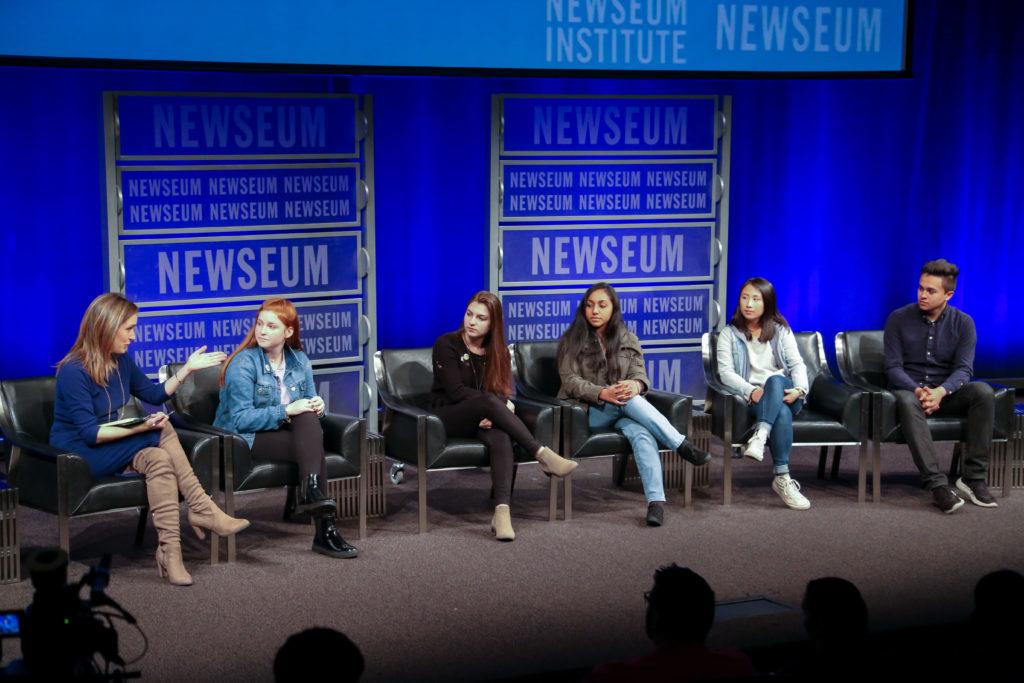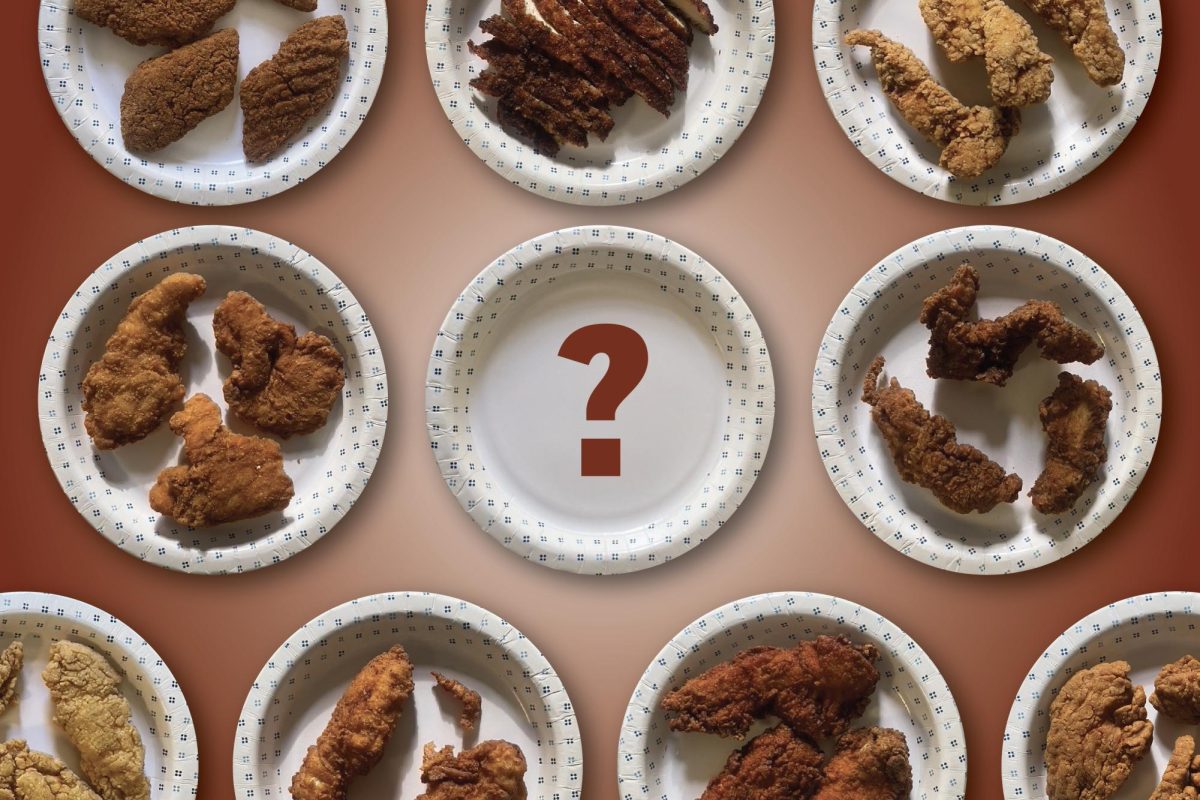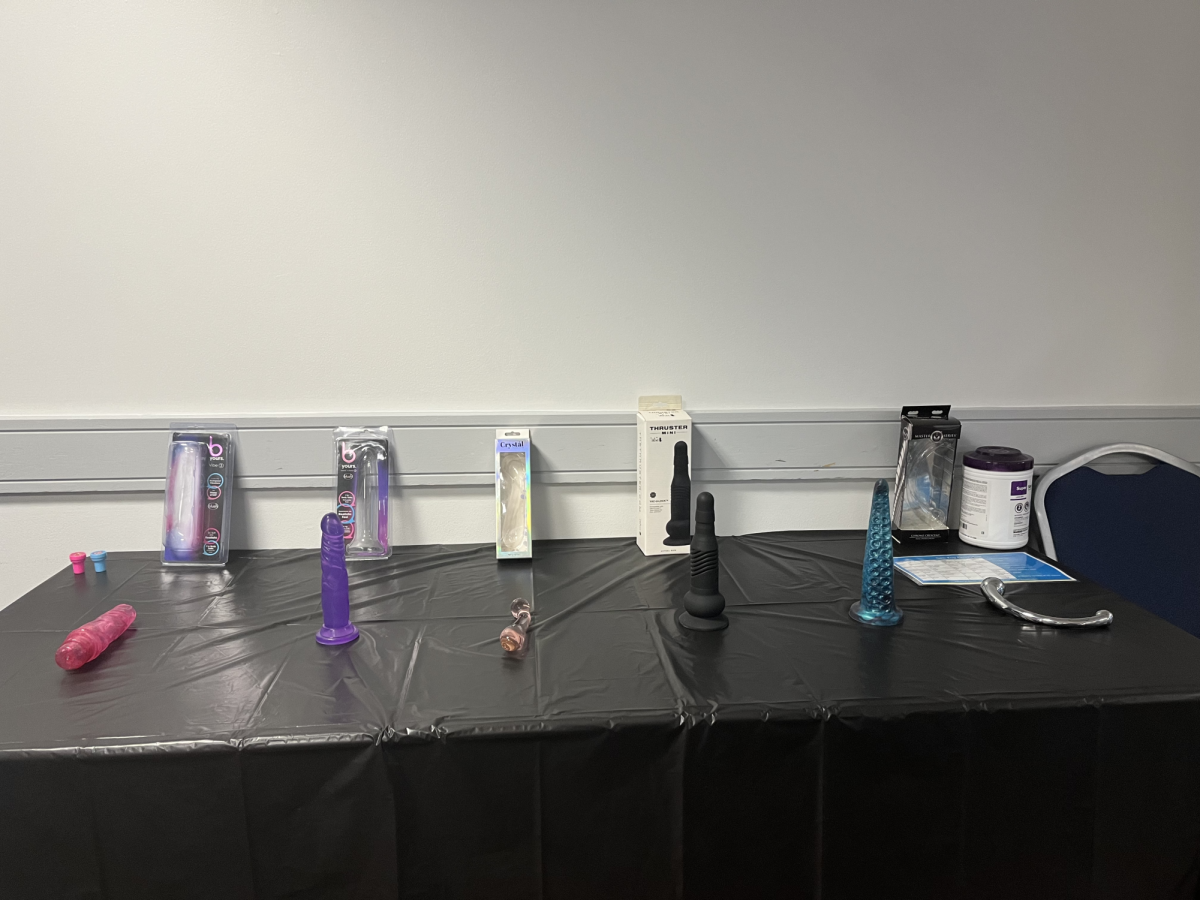Outside of the Newseum Friday, people were starting to hang banners for the March for Our Lives. Inside, the activism was already taking shape with a panel of the student journalists at the Marjory Stoneman Douglas High School.
Since the Feb. 14 Parkland, Fla. shooting that took 17 lives in the school, the staff of the student-run newspaper, The Eagle Eye, have grappled with trauma while using their unique platform to give their classmates a voice they hope will be heard by the nation. Five student editors from the newspaper sat down with CBS News’ Margaret Brennan at the Newseum Friday to discuss their experience as students, journalists and activists.
Beginning with photos captured during the attack and a complete story written four days later, the paper has published articles relating to the school’s recovery process almost daily.
At the panel, the student journalists discussed an edition they sent to print Thursday where they profiled each of the 17 victims. They interviewed the deceased’s loved ones, reviewed their photographs and learned the details of their lives.
They wanted to do what the other news networks weren’t close enough to do – portray the people the community knew and loved, and the deep loss they felt.
The student journalists saw their familiarity with their subjects as an asset. Knowing their journalistic responsibility to the student body, Rebecca Schneid, the co-editor-in-chief, said it was their job to tell the stories of the victims.
“We knew that we had such a unique platform,” Schneid said. “No other publication knows Parkland like we know Parkland and no other publication knows Stoneman Douglas like we know Stoneman Douglas.”
By reporting on subjects they have a personal connection to, The Eagle Eye reporters were already going against the grain of traditional journalism.
The Parkland shooting ignited a fierce nationwide debate about gun control, with high school students protesting nationwide and calling for stricter laws.
On Saturday, they will challenge traditional conduct even further by attending the March for Our Lives, an event being put together by #NeverAgain – a political action group started by Parkland survivors. Thousands of people all over the U.S. are expected to rally against gun violence Saturday alongside the students for the protest.
When asked by Brennan if they will attend as reporters or participants, the journalists agreed that it will be a mixture of both. Schneid said their coverage will be as neutral as possible, reporting the facts, but in their personal lives they feel very passionately about the movement. Aside from being reporters, they said they’re first hand victims of gun violence.
“Not only will my publication be recording history, but we will be a part of it,” she said.
Although their coverage until now has mainly focused on school recovery and remembering the 17 victims, The Eagle Eye will make a shift after this weekend, focusing more on political activism and movements for policy change like #NeverAgain. They hope to use advocacy journalism to spotlight the gun control legislation progress and put pressure on legislators to work together for change.
The students elaborated on their commitment to give every student a voice no matter their beliefs, and to maintain a nonpartisan scope on issues they cover. The newspaper staff themselves, however, were very explicit in the policy changes they want to see.
Partnering with The Guardian, they published a “manifesto to fix American gun laws,” featuring nine items and a description for each. Student journalist Nikhita Nookala had a response for critics who argue students should keep quiet on political issues.
“The reality is that most of the 17 people who died were under 18,” Nookala said. “So if those kids were old enough to be in the line of fire then we are old enough to speak out about it.”
As victims and journalists in the Parkland shooting, staff at The Eagle Eye said they have blurred the lines between participant, observer and activist.
Unencumbered by traditional news conventions, they let their experiences and involvement drive their reporting, serving their school in the way they said they thought was best rather than following the professional rule book. To conclude the panel, Brennan asked them how these events impacted their outlook on journalism.
“I am seeing the impact that it has on people’s lives and that is just so inspiring to me,” Schneid said. “I’m finding that there aren’t many things as impactful as simply elevating people’s voices.”




